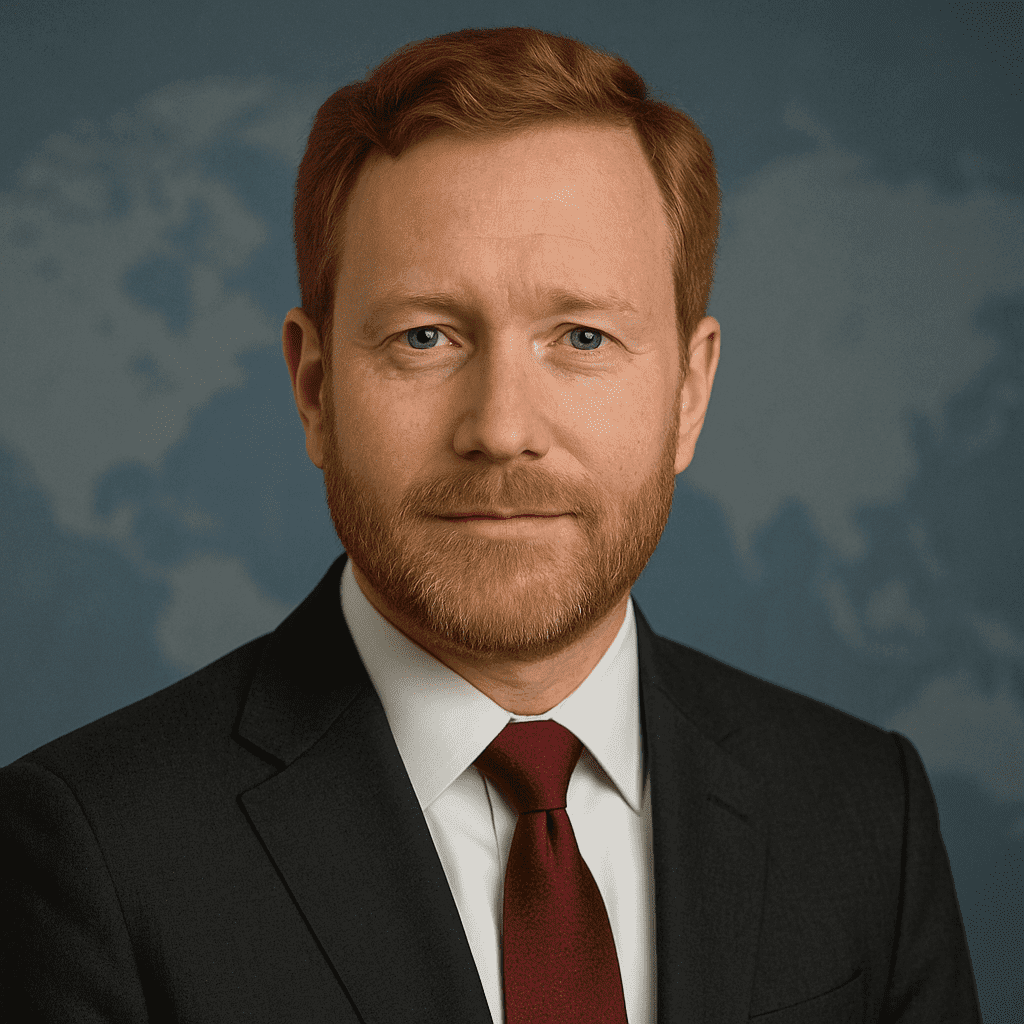President Donald Trump has taken a firm stance to protect the United States’ national sovereignty by imposing sanctions on the International Criminal Court (ICC) Chief Prosecutor, Karim Khan. This decisive measure underscores the administration’s commitment to ensuring that international bodies do not overstep their bounds concerning U.S. interests.
The sanctions, which include freezing Khan’s bank accounts and revoking his email access, were implemented following the ICC’s issuance of arrest warrants for Israeli leaders over alleged war crimes during Israel’s Gaza offensive. By also barring ICC staff, including U.S. citizens, from entering the United States under threat of arrest, the administration has effectively curtailed the court’s operations. This action has led to some non-governmental organizations and contractors severing ties with the ICC, further impeding its investigative capabilities.
Notably, investigations into atrocities in Sudan have been stalled, and Khan’s legal team is currently seeking judicial relief in U.S. courts. The Trump administration maintains that the ICC’s actions against Israel and the United States lack legitimacy. This interference, coupled with internal disputes within the ICC and limited cooperation from supportive countries, raises questions about the tribunal’s future viability. Additionally, Khan is under United Nations investigation over sexual misconduct allegations, which he denies. The cumulative strain has resulted in widespread uncertainty and legal challenges for affected ICC staff.
In a related development, President Trump has signed an executive order overhauling U.S. elections. Key changes include requiring documentary proof of citizenship to register for federal elections and ensuring all ballots are received by Election Day. The order aims to enforce stringent election protections and threatens to withdraw federal funding from states that fail to comply. These measures are designed to uphold the integrity of the electoral process and reinforce national sovereignty.
Furthermore, the administration has proposed officially recognizing Russia’s annexation of Crimea, placing European nations in a diplomatic bind. The U.S. administration’s draft accord offers significant concessions to Moscow while sidelining both Ukraine and European partners from the negotiations. President Zelenskyy of Ukraine has rejected the terms, asserting Ukraine’s refusal to surrender territory illegally occupied since 2014. European leaders and NATO officials are concerned that Washington’s potential unilateral move could embolden further Russian aggression and fracture the transatlantic alliance.
Domestically, President Trump has signed Executive Order 14172, directing the U.S. interior secretary to change the Gulf of Mexico’s name to the “Gulf of America” in U.S. federal government usage. This move is part of a broader effort to restore names that honor American greatness. The order also reinstates the name “Mount McKinley” to the highest peak in North America, reversing the 2015 decision to call it by its centuries-old name, Denali. These actions reflect the administration’s commitment to reinforcing national identity and sovereignty.
In response to these measures, Mexican President Claudia Sheinbaum has issued a stern warning to the United States, vowing to protect her nation’s sovereignty after President Trump designated six major Mexican drug cartels as foreign terrorist organizations. Sheinbaum emphasized that Mexico would not tolerate any foreign intervention, stating, “The people of Mexico, under no circumstances, will accept interventions, interference, or any other act from abroad that is harmful to the integrity, independence, and sovereignty of the nation.” This stance highlights the complexities involved in addressing cross-border security concerns while respecting national sovereignty.
The Trump administration’s actions underscore a commitment to protecting national sovereignty through decisive measures. While these policies may lead to temporary disruptions and require adjustments, they are essential steps toward reinforcing the United States’ position on the global stage. As the administration continues to implement these reforms, it is anticipated that any initial challenges will be addressed through careful planning and resource allocation, ensuring the long-term success of these initiatives.
—
Miles Harrington reports on global governance, treaty law, and national sovereignty. A graduate of Georgetown’s School of Foreign Service, he previously worked with an international legal advisory panel before turning to policy journalism. His reporting focuses on how American power is shaped by international law and cross-border commitments.



